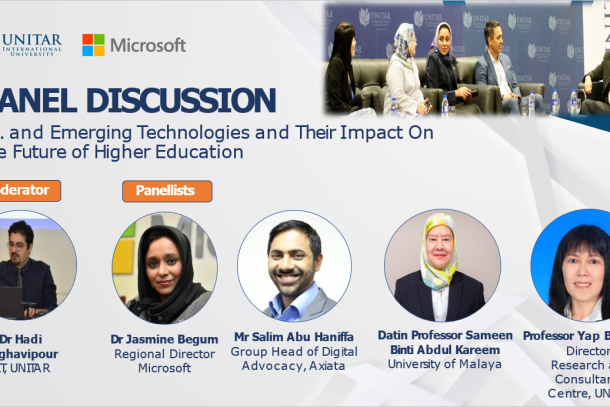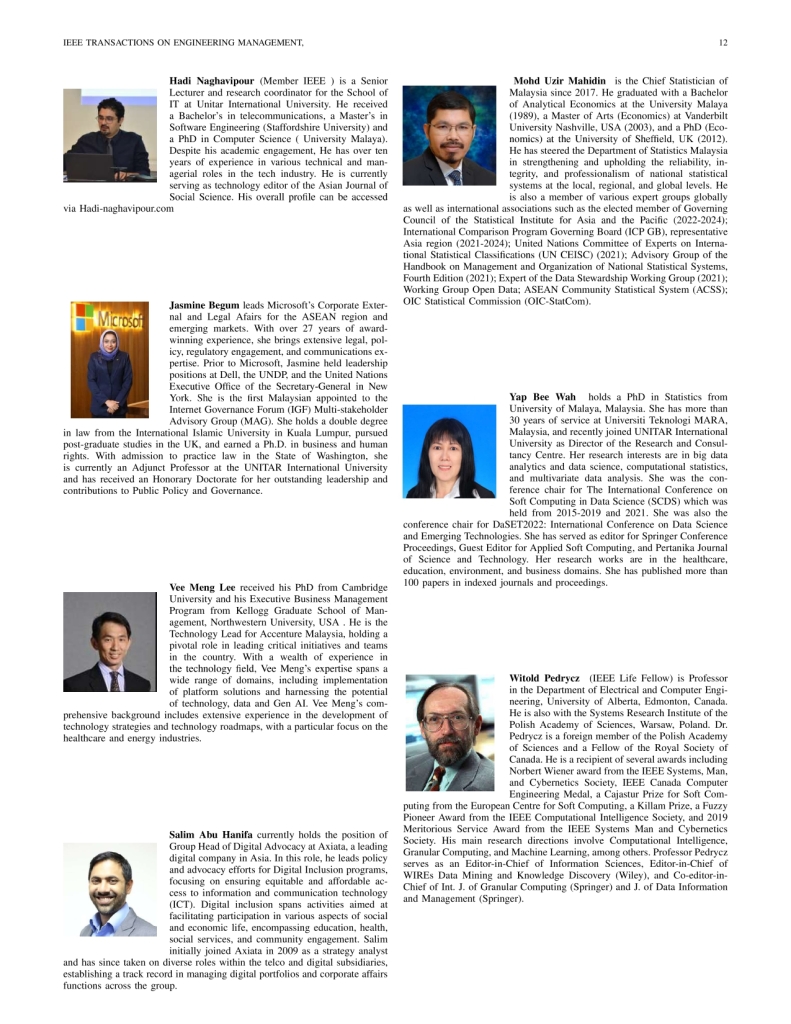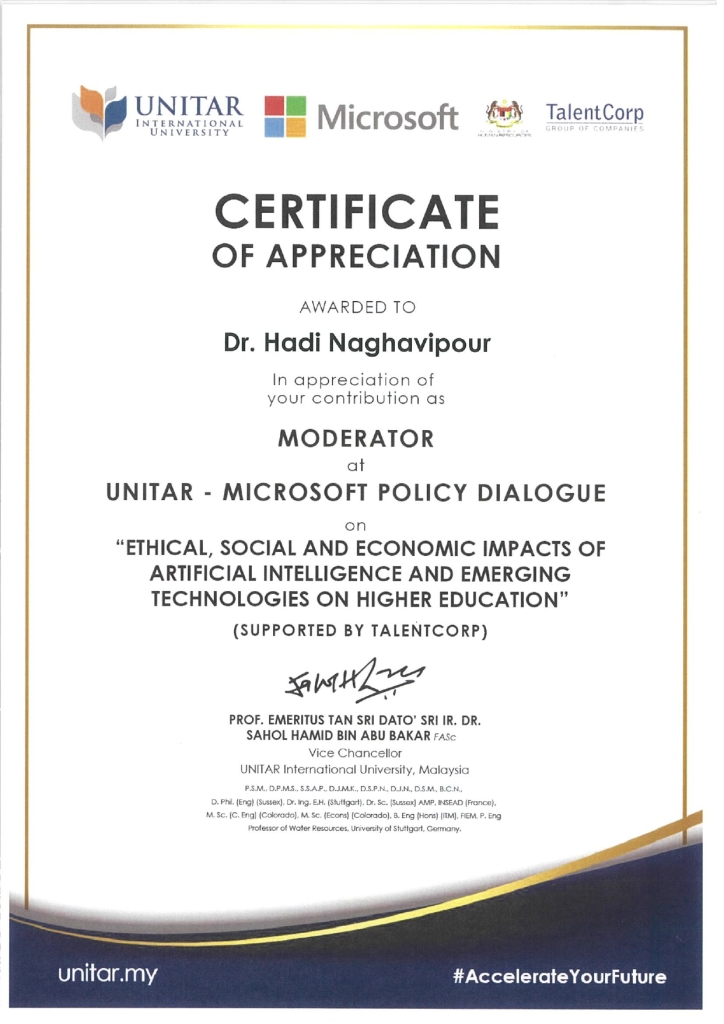Policy Dialogue

Artificial intelligence (AI) is not just a fancy name that can be found in the corner of scientific labs or science fiction movies. It has become mainstream topic mostly attributed to the advent of generative AI (ChatGPT). Microsoft, which one day brought personal computing to every desk, now brought AI to every hand . In many ways, Microsoft embodies not just a company but a profound chapter in the history of computing. Amidst the excitement surrounding AI, there are also deep-seated concerns that cannot be ignored.
According to Ipsos, a well-known survey institute, education and employment stand at the forefront of AI’s transformative effects. The prediction that AI could replace 300 million jobs in the future raises significant concerns about how AI will shape our collective destiny. Students find themselves questioning the relevance of their education to the rapidly evolving job market, while academics grapple with the potential impact on assessment methods, teaching techniques, and research ethics. Similarly, ethical concerns are paramount in the industrial applications of AI, calling for responsible practices and further regulation. One prominent example of these concerns is the departure of Professor Hinton, regarded as the Godfather of AI, from his academic and corporate positions to raise awareness about the ethical and disruptive ramifications of AI.
Despite all concerns, the train of technology will move forward while it is fallen on us to seek collective action for responsible technology. Today, we are honored and privileged to call a dialogue engaging the best of academia and industry. Dr. Jasmin Microsoft’s regional director, Mr. Salim from Axiata, leading telco operator in the region; Datin Professor Sameen, former dean of faculty computer science University Malaya, The leading research university in Malaysia and Prof Yap from first virtual university in Southeast Asia and one of the early private university in Malaysia (Unitar) engage in an open forum with society.
The quadruple helix model advocates for innovation through the active engagement of industry, academia, and society, and we are optimistic that the outcomes of our dialogue will be reflected in a policy paper that will guide government as last component. We deeply value your contribution, which will be duly recognized and acknowledged in this policy paper.
#job#ai#innovation#learning#education#software
Update: The paper has submitted to IEEE Transaction of Engineering Management



